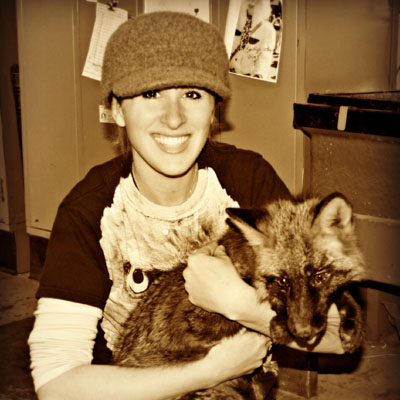I spent the five happiest years of my life in a morgue. As a forensic scientist in the Cleveland coroner’s office I analyzed gunshot residue on hands and clothing, hairs, fibers, paint, glass, DNA, blood and many other forms of trace evidence, as well as crime scenes. Now I'm a certified latent print examiner and CSI for a police department in Florida. I also write a series of forensic suspense novels, turning the day job into fiction. My books have been translated into six languages.
Sure, I'll be happy to help. Email it to: lisa-black@live.com
Usually they’ll tell me the basics, what seems to have happened—there’s a body in the bedroom, this car hit that car, the homeowners came home to a broken front window and are missing jewelry from one bedroom but nothing else. Usually it’s everything they know, in general, but mostly what’s relevant to me. I don’t need to know the whereabouts and timeline for every suspect, but I need to know when the victim was seen last, when the neighbor heard shots, that the gun was removed from the scene for security (which we frown on, but if it’s necessary then it’s necessary), that the one bedroom door is closed because there’s a large dog in there so don’t open it. If there’s anything else I want to know I’ll ask, but usually then they leave me alone to do my thing. Hope that helps!
A pathologist is a doctor, so you'd have to go to med school first, and they usually have standard placement systems. To be a forensic scientist, it's best to get an internship position with your local lab while you're in school or just graduated. Or at least contact all the labs you're interested in, ask for a tour, meet people. You can also attend forensic conventions, though you'll have to pay for the registration. Hope that helps!
I don't think there's a standard set of questions. The hiring agency can ask anything they want, I suppose. When I had one for my job they asked about past drug use but I don't remember if it was 'ever' or 'within the past x years..' Sorry I can't help.
Day Trader
 What's the difference between a trader and a hedge fun guy?
What's the difference between a trader and a hedge fun guy?
Bodybuilder
 What kind of “primping” is required for competitions?
What kind of “primping” is required for competitions?
Zookeeper and Animal Trainer
 Are a lot of people in your line of work vegetarian/vegan?
Are a lot of people in your line of work vegetarian/vegan?
That depends entirely on where you want to work and what you want to do. If you want to do DNA analysis and testify in court about it, you may need a PhD in genetics. If you want to work at crime scenes bagging and tagging evidence, you may need only a high school diploma, with added hireability for advanced degrees. The only way to know is to check job opening notices or call the agencies and ask. I would also suggest that you look for schools that have hands-on lab work with forensic topics such as fingerprints or crime scene work. Best of luck to you.
I have no idea and don't know anything about the case.
-OR-
 Login with Facebook
Login with Facebook (max 20 characters - letters, numbers, and underscores only. Note that your username is private, and you have the option to choose an alias when asking questions or hosting a Q&A.)
(A valid e-mail address is required. Your e-mail will not be shared with anyone.)
(min 5 characters)
By checking this box, you acknowledge that you have read and agree to Jobstr.com’s Terms and Privacy Policy.
-OR-
 Register with Facebook
Register with Facebook(Don't worry: you'll be able to choose an alias when asking questions or hosting a Q&A.)